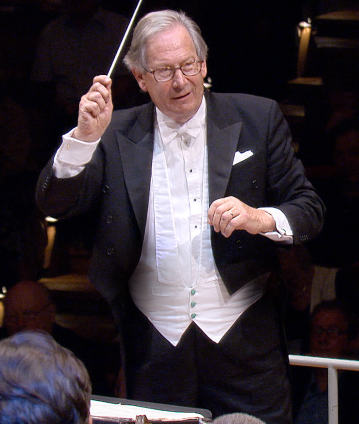Interview
John Eliot Gardiner en conversation avec Jonathan Kelly John Eliot Gardiner dirige Stravinsky

Cette soirée Stravinsky voit le retour de Sir John Eliot Gardiner à la tête des Berliner Philharmoniker après 14 ans d’absence. Œuvre centrale du programme, l’opéra-oratorio Oedipus Rex possède une puissance archaïque qui a certainement inspiré les Carmina Burana de Carl Orff. Quant au ballet Apollon musagète, s’il regarde lui aussi vers la musique du passé, sa grâce baroque lumineuse évoque un tout autre univers sonore.
Berliner Philharmoniker
Sir John Eliot Gardiner
Andrew Staples
Jennifer Johnston
Bruno Ganz
© 2016 Berlin Phil Media GmbH
Interviews liées au concert
Artistes
Nos suggestions
- Daniel Harding dirige les « Scènes de Faust » de Schumann
- Daniel Harding dirige « Ainsi parlait Zarathoustra »
- Mikko Franck dirige « Le Paradis et la Péri » de Schumann
- Daniel Harding dirige « Roméo et Juliette » de Berlioz
- Simon Rattle dirige Ginastera et Britten
- Simon Rattle dirige « Le Paradis et la Péri » de Schumann